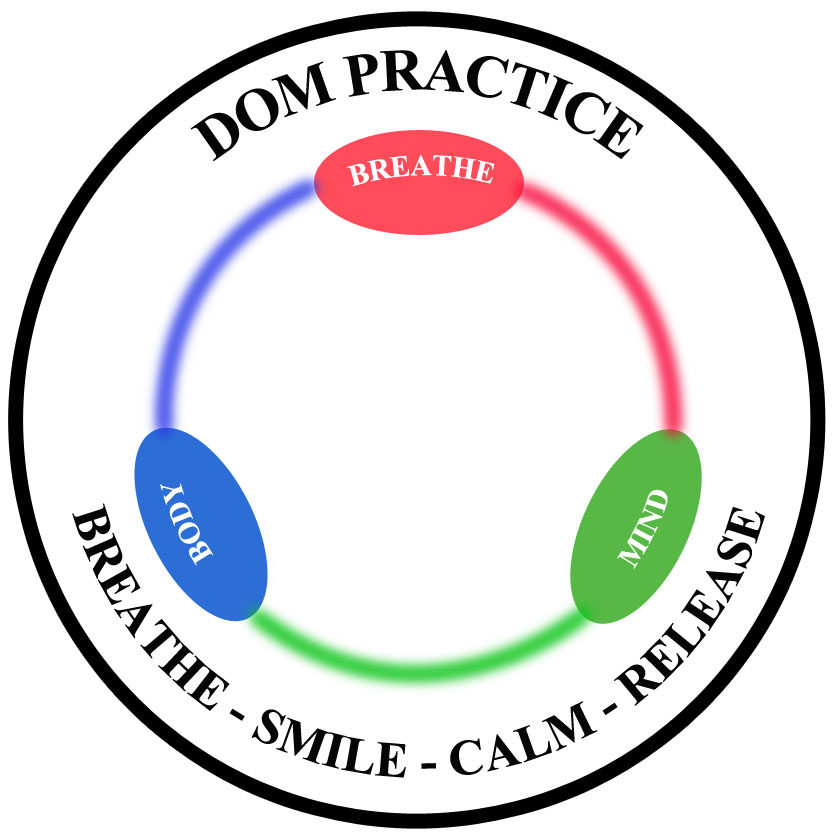The Story of Uggasena
While residing at the Jetavana monastery, the Buddha uttered Verse (348) of this book, with reference to Uggasena, a rich man's son who fell in love with a dancer.
Once, a wandering theatrical troupe consisting of five hundred dancers and some acrobats came to Rajagaha and performed on the grounds of the palace of King Bimbisara for seven days. There, a young dancer who was the daughter of an acrobat sang and danced on top of a long bamboo pole. Uggasena, the young son of a rich man, fell desperately in love with this dancer and his parents could not stop him from marrying her. He married the young dancer and followed the troupe. As he was not a dancer nor an acrobat, he was not of much use to the party. So, as the party moved from place to place, he had to help carry boxes, to drive the carts, etc.
In course of time, a son was born to Uggasena and his wife, the dancer. To this child, the dancer would often sing a song which ran thus: "O you, son of the man who keeps watch over the carts; the man who carries boxes and bundles! O , you, son of the ignorant one who can do nothing!" Uggasena heard the song; he knew that his wife was referring to him and he was very much hurt and depressed. So he went to his father-in-law, the acrobat, and requested him to teach him acrobatics. After a year's training, Uggasena became a skilful acrobat.
Then, Uggasena went back to Rajagaha, and it was proclaimed that Uggasena would publicly demonstrate his skill in seven days' time. On the seventh day, a long pole was put up and Uggasena stood on top of it. At a signal given from below he somersaulted seven times on the pole. At about this time, the Buddha saw Uggasena in his vision and knew that time was ripe for Uggasena to attain arahatship. So, he entered Rajagaha and willed that the audience should turn their attention to him instead of applauding Uggasena for his acrobatic feats. When Uggasena saw that he was being neglected and ignored, he just sat on top of the pole, feeling very discontented and depressed. The Buddha then addressed Uggasena, "Uggasena, a wise man should abandon all attachment to the khandha aggregates and strive to gain liberation from the round of rebirths."
Then the Buddha spoke in verse as follows:
|
Kết Một Tràng Hoa Thiền Sư Thích Nhất Hạnh |
Tích Truyện Pháp Cú Thiền viện Viên Chiếu |
Tâm Minh Ngô Tằng Giao Chuyển Dịch Thơ |
Translated by Acharya Buddharakkhita |
| Đi trọn được con đường, cởi bỏ được mọi ràng buộc hệ lụy, giải phóng được mọi phân biệt kỳ thị, vượt qua được các ý niệm lưỡng nguyên, đó mới thật là bậc xuất sĩ đại trí. |
Bỏ quá, hiện, vị lai, Ðến bờ kia cuộc đời, Ý giải thoát tất cả, Chớ vướng lại sanh già. |
Mặc cho quá khứ trôi đi Níu chi hiện tại, chờ gì tương lai Rời mau bến thảm cuộc đời Vượt qua bờ nọ là nơi tuyệt vời Khi tâm đã giải thoát rồi Đâu còn sinh lão nổi trôi xoay vần. |
Let go of the past, let go of the future, let go of the present, and cross over to the farther shore of existence. With mind wholly liberated, you shall come no more to birth and death. |
